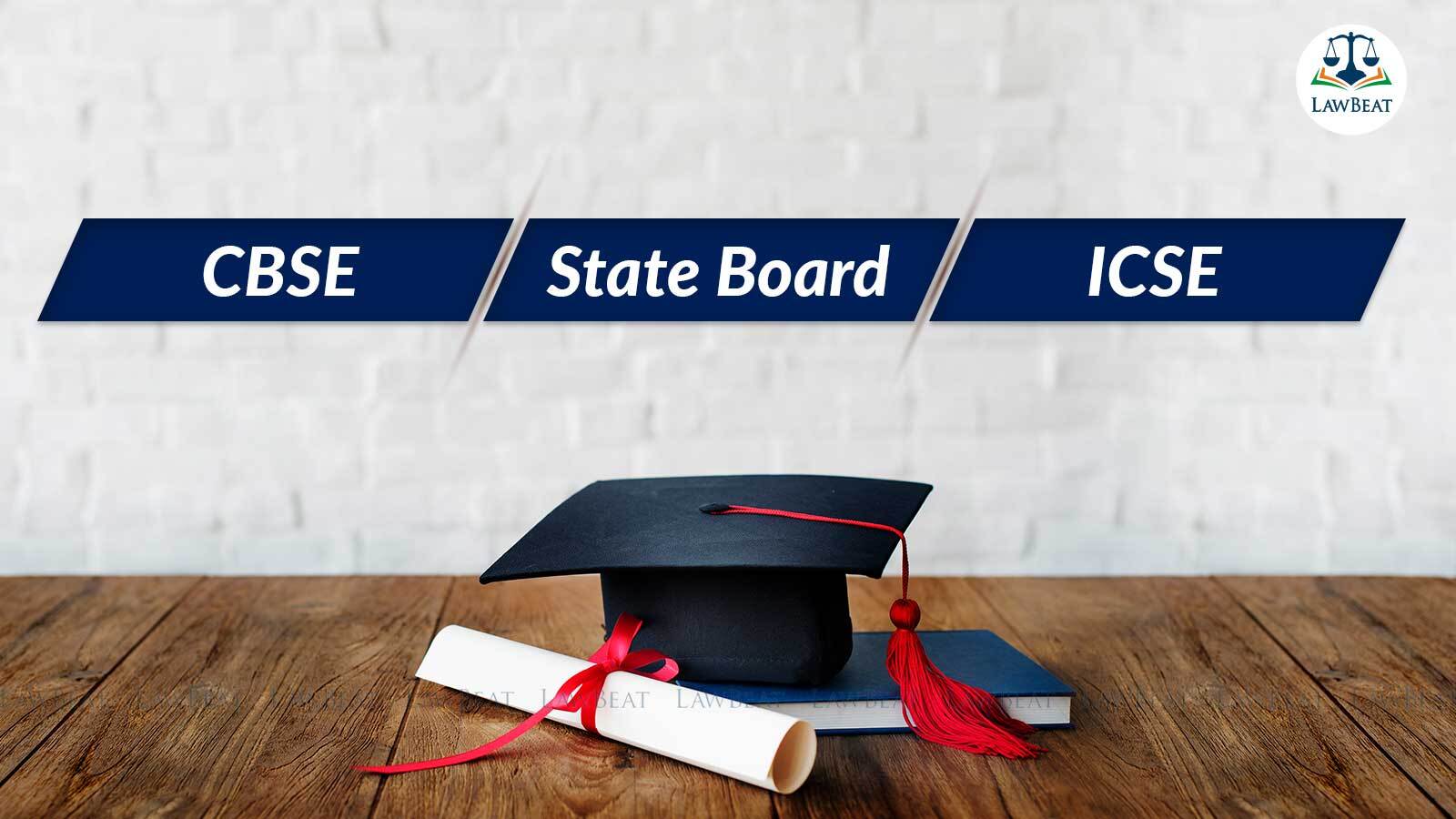News18 Delhi High Court grants more time to CBSE, ICSE to file response on plea against difference in curriculum

The plea has contended that the difference in the curriculum is depriving students of equal opportunities for education.
The Delhi High Court on Friday allowed more time for the Delhi Government, Central Board of Secondary Education, Indian School Certificate Examination, and other State Boards to file their responses on a plea Public Interest Litigation plea challenging the difference in curriculums of CBSE, ICSE, and State Board.
A bench of Chief Justice Satish Chandra Sharma and Justice Subramonium Prasad has listed the matter for further hearing on April 14, 2023.
The bench was hearing a plea filed by Advocate Ashwini Upadhyay contending that the difference in the said curriculum is depriving students of equal opportunities to education in the spirit of Articles 14-16 of the Constitution of India.
Upadhyay appearing in person submitted that the National Council of Educational Research and Training (NCERT) is a necessary party in the matter and sought their impleadment.
CJ Sharma allowed the same and directed Upadhyay to submit an amended memo of parties.
The Petitioner while contending that the “right to education” also implied the "right to equal education", suggested that a uniform curriculum across various boards of education could be implemented by a "National Education Council", which would have functions mutatis mutandis to that of the GST Council.
Furthermore, it states, "Education Mafias are very powerful and have a very strong syndicate. They influence rules, regulations, policies & examinations. The questions asked in the competitive exams are not taught in government schools. So, parents are in double jeopardy"
The Petitioner further contended that the “bitter truth is that School Mafias don't want One Nation-One Education Board” and that “Coaching Mafias” and “Book Mafias” are also opposed to “One Nation-One Syllabus”. The Petitioner attributed the lack of a common education system up to the 12th standard to the said coaching and book mafias who have not only divided society among categories of EWS, BPL, MIG, HIG, and elite class but also against the values of “socialism, secularism, fraternity, and unity of the nation” as enshrined in the constitution.
Additionally, it submitted that a Common syllabus and common curriculum in the mother language will not only achieve the code of a common culture, removal of disparity and depletion of discriminatory values in human relations but also enhance virtues and improve quality of life, elevate thoughts, which advance the constitutional goal of an equal society.
Case Title: Ashwini Kumar Upadhyay v Union of India
